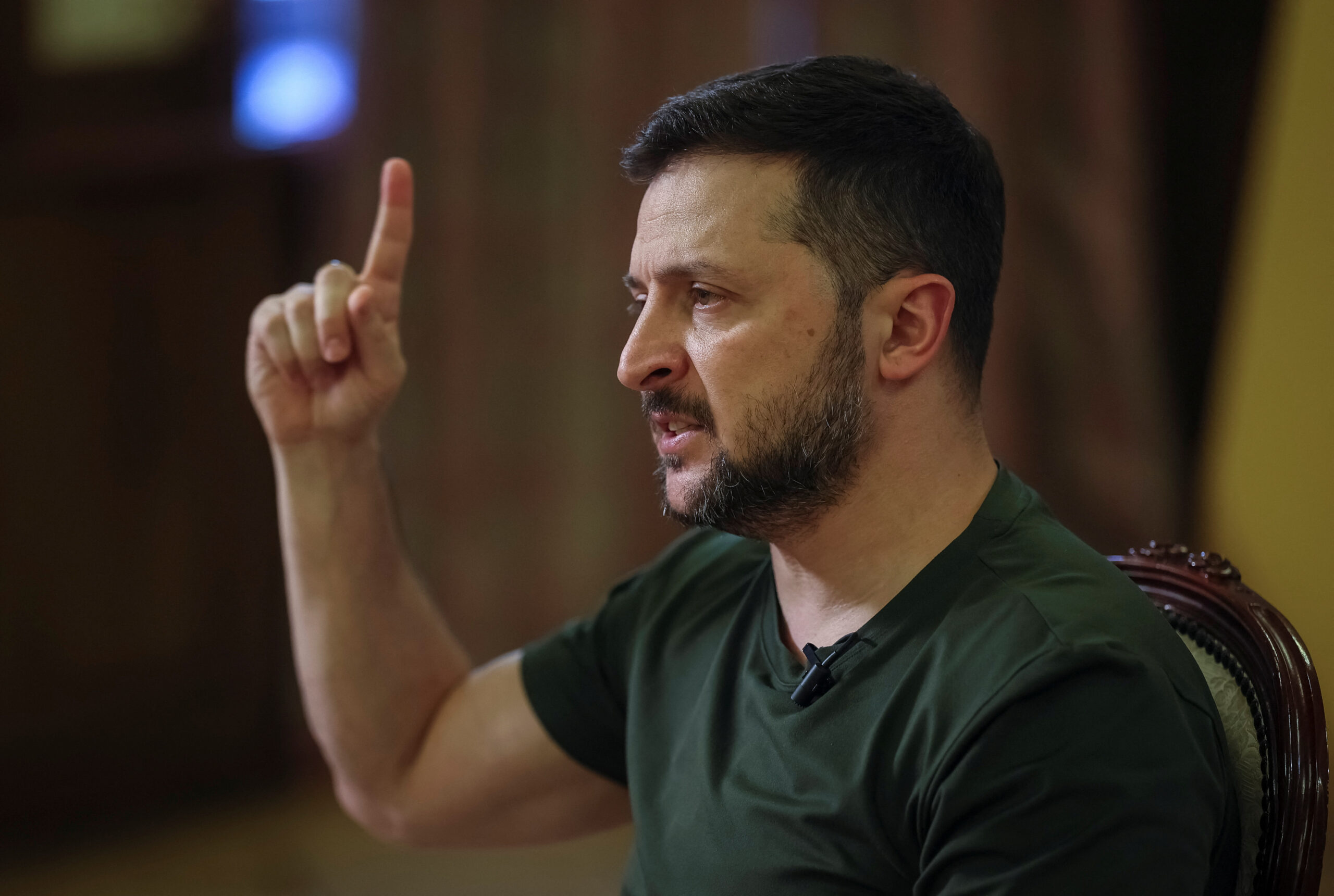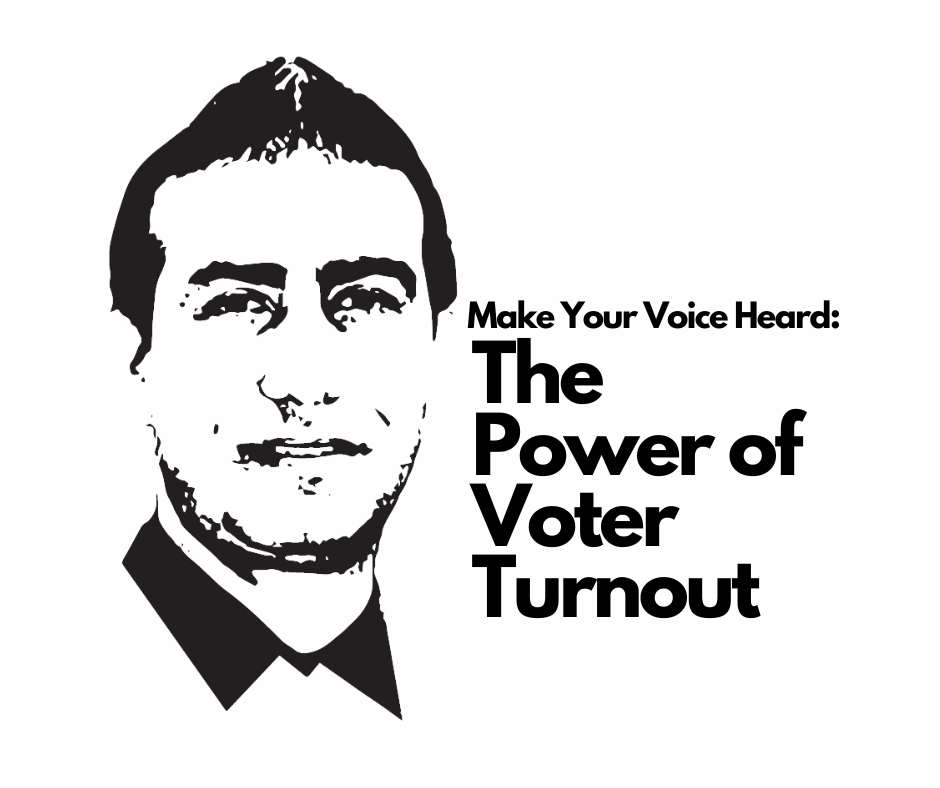VATICAN CITY — The world woke to a heavy silence this morning. Pope Francis — born Jorge Mario Bergoglio — the first Latin American pontiff and a man who redefined what it meant to lead with humility, passed away at 88. His death was announced early Monday (April 21) by Cardinal Kevin Farrell with the words, “This morning at 7:35 a.m., the Bishop of Rome, Francis, returned to the home of the Father.”
For many, Francis wasn’t just a pope. He was a voice for the voiceless, a hand for the forgotten, and a heart that beat in rhythm with the world’s most vulnerable. From the first time he stepped onto the balcony of St. Peter’s Basilica on that rainy night in March 2013 and greeted the world with a simple “Buonasera”, he signaled change — not just in tone, but in soul.
Francis didn’t wear red papal shoes or move into the opulent Apostolic Palace. He stayed in a modest Vatican guesthouse and chose a small car over a chauffeured limousine. He met the sick, the poor, and the outcast with the same warmth he offered presidents. He kissed the tattoo of a Holocaust survivor, embraced disfigured pilgrims, and opened the Vatican’s doors to the homeless during freezing Roman nights.
Even as he struggled with chronic lung disease, surgeries, and declining mobility — often using a cane or wheelchair — he showed up for people. Whether speaking to an empty St. Peter’s Square during the darkest days of the pandemic or visiting war-torn and impoverished corners of the world, Francis always reminded us: we’re in this together.
His messages were often simple, but powerful. “Who am I to judge?” he said in response to a question about a gay priest. He wasn’t rewriting doctrine, but he was rewriting the tone. He wanted the Church to look more like Jesus: merciful, messy, and close to the people.
He angered many traditionalists, especially with his stances on climate change, capitalism, LGBTQ+ inclusion, and women’s roles. But for every critic, there were thousands who found in Francis a long-lost spiritual home. He allowed women to vote in synods, included lay voices in conversations, and showed us a church that didn’t just preach, but listened.
He faltered too — most notably in the early days of confronting the church’s sexual abuse crisis. But he learned. He apologized. He met survivors. He acted. Juan Carlos Cruz, once dismissed by Francis, later became one of his trusted allies, saying, “He sincerely wanted to do something — and he did.”
Francis was not a man of power — he was a man of presence. He didn’t try to rule with iron doctrine, but with the tenderness of a field doctor patching up spiritual wounds. His papacy wasn’t about making the church smaller and purer — but wider and warmer.
He once said, “I see the church as a field hospital after battle.” And that’s exactly how he led — offering balm to the broken and reminding the strong that their strength was meant for service.
Pope Francis may have laid down his earthly burden, but the legacy he leaves is as alive as the gospel he so loved — one where mercy triumphs over judgment, the poor are placed first, and all are welcome. Todos, todos, todos. Everyone. Always.




